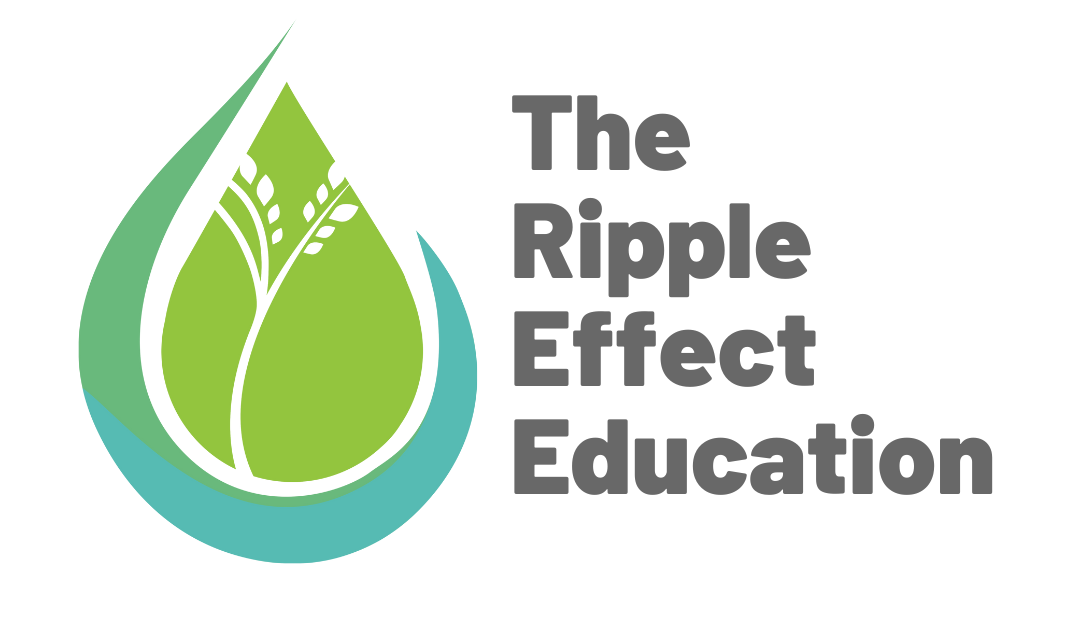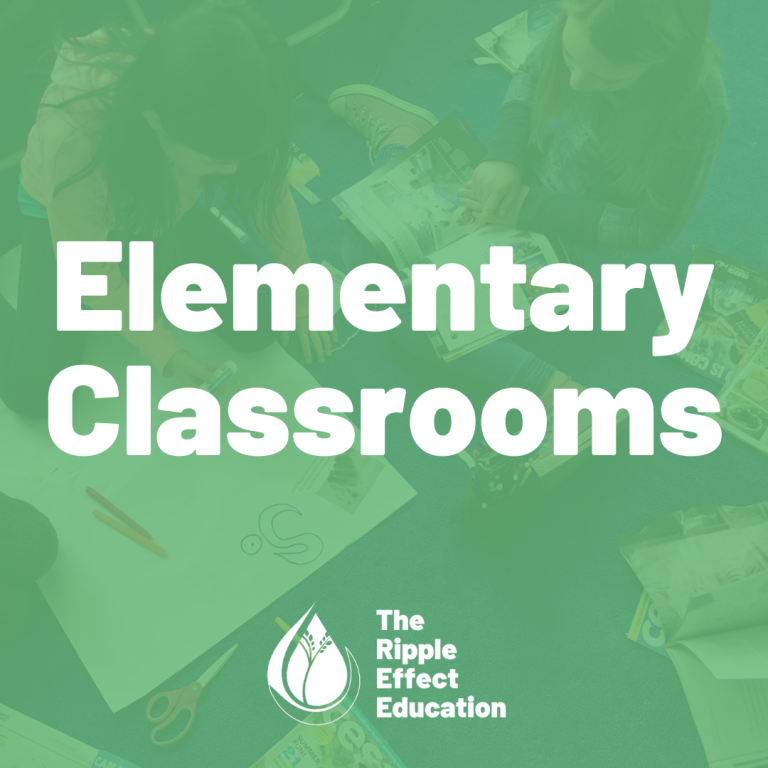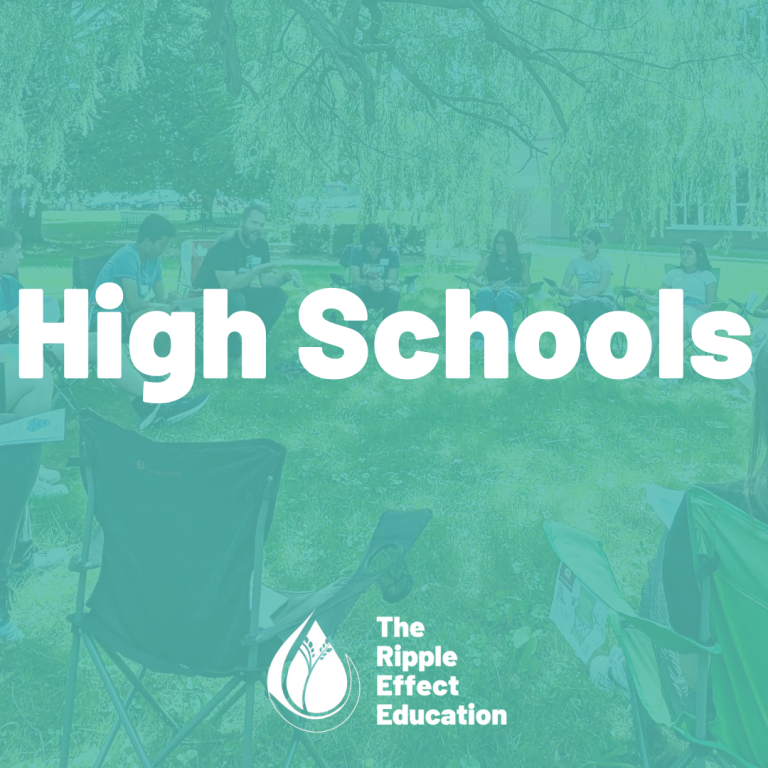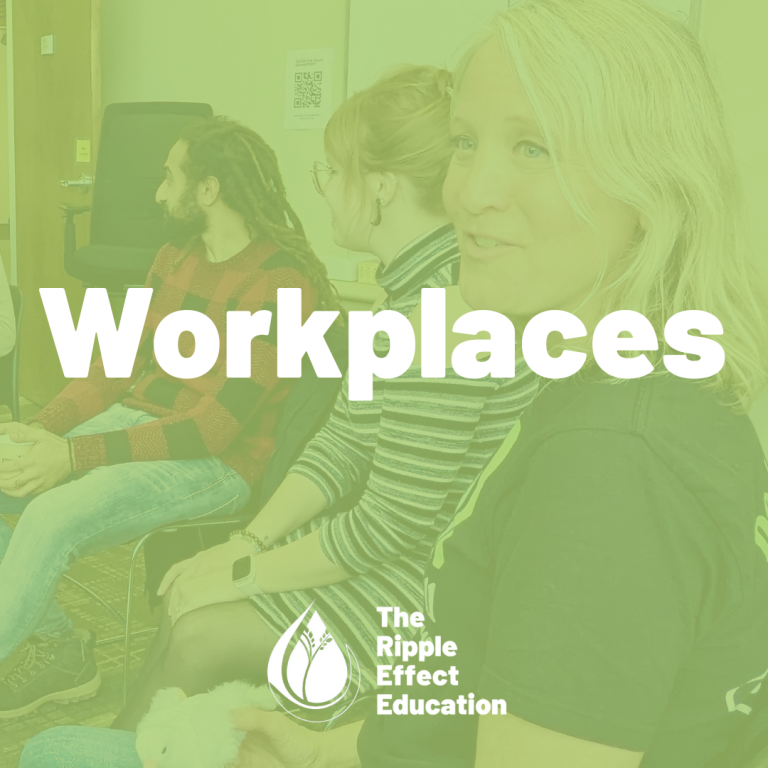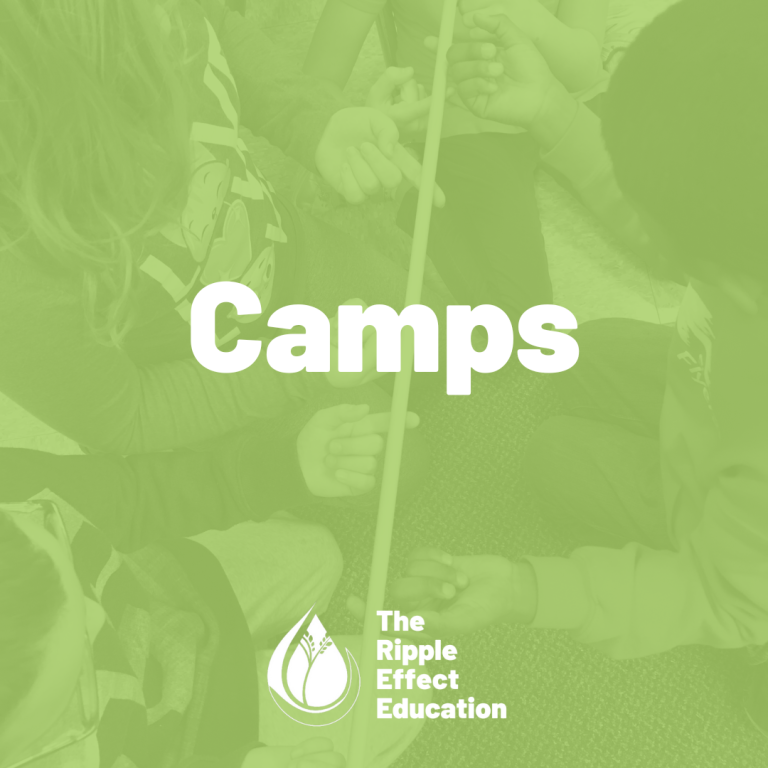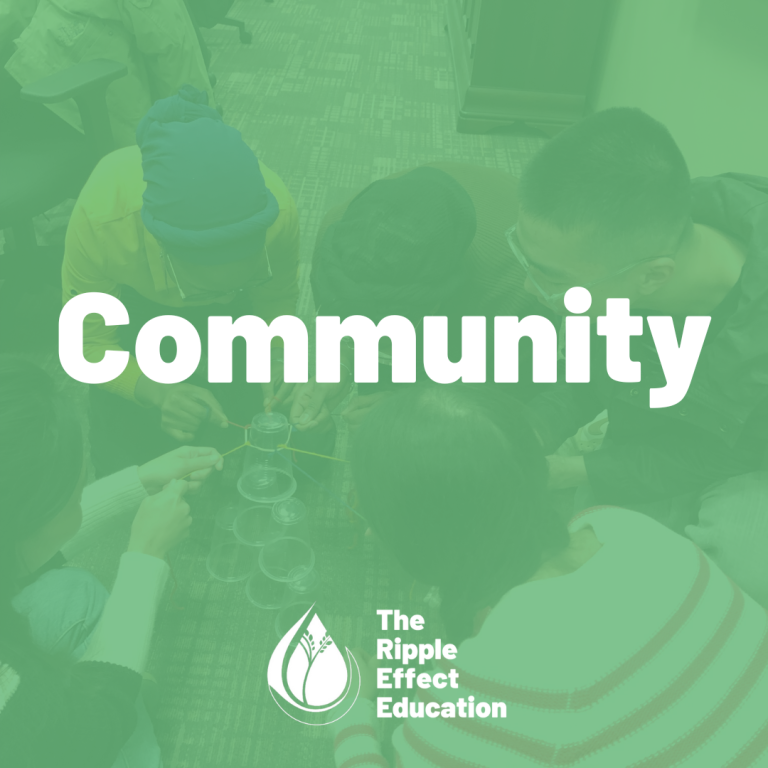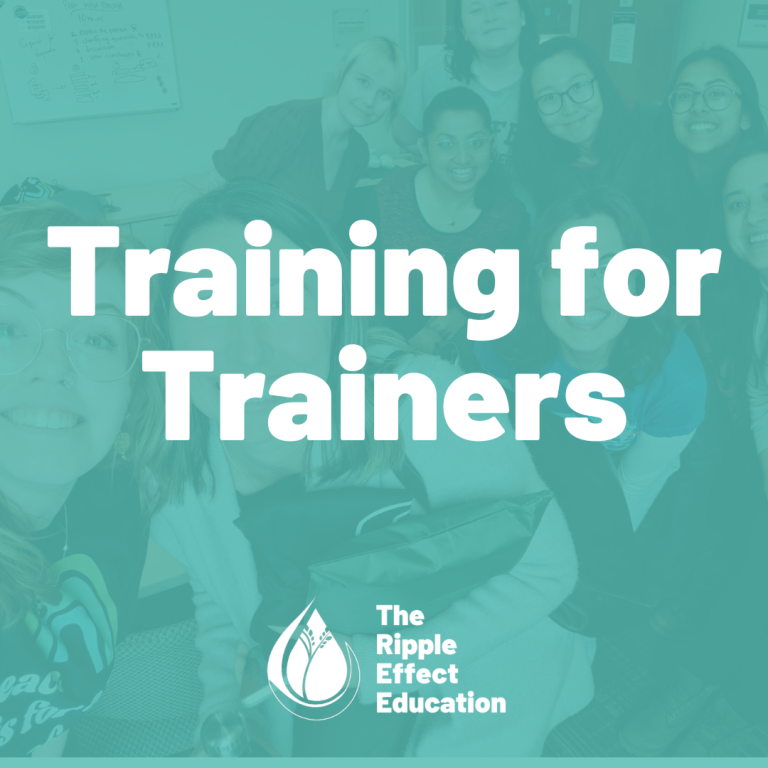I smiled and waved at the screen, thanked the class for their great participation and wished them well for the rest of their quadmester. There were seconds of silence, the “bloop-bloop” MS Teams log-out sound, and an anticlimactic rising in me. “Thud,” is the sound that would come after closing my laptop before I’d take a short break to prepare for another five hours of sitting in front of the screen.
While previous summers may have been exhilaratingly marked with the loud ringing of the school bell followed by children yelling in excitement as they rush out the doors, “School’s out, scream and shout!” may not be your anthem into summer break this year. Instead, it might be the sound of that anticlimactic “thud” of a laptop closing, followed by a long exhale.
Sending lots of love to all teachers and educators. They often say “finish strong,” I invite you to “finish whole.” – Arlène Elizabeth Casimir
Perhaps we’ve implemented strategies along the way to take breaks throughout the year, but how can we deeply rest this summer before returning to the classroom? How can we step into this invitation to “finish whole” so that we can “start whole” in September?
Slow it down. It has been quite the year, with the pandemic world pushing us into overdrive and then some. When the world moves at such a rapid rate, it only makes sense to adapt survival strategies. We have had to focus a significant amount of our energy on the students in our care, which is why the summer break presents an opportunity to check-in with ourselves.
In their Slowing Down for Ourselves and Our Students article, Alex Shevrin Venet and Arlène Elizabeth Casimir list some reflective prompts to help us name and claim the need to slow down, including “How does your stress response feel in your body?”; “How is your stress manifesting in your teaching?; and “What do you need in order to slow down?”
It might feel strange to suddenly change the pace and carve out time to check-in with ourselves, which might just be our bodies communicating to us. Breathing exercises can be helpful in grounding ourselves to the present moment in order to step into moments of change, and intentional reflections like this. At TREE, we often begin our workshops with a simple breathing exercise in a seated position, with one hand on the belly and the other on the chest. With closed eyes, we’d slowly take a deep breath for 5 seconds, hold it for 5 seconds, exhale for 5 seconds, and repeat as necessary. Sometimes we need to first slow down our breathing before we can focus on slowing down anything else.
Revisit your self-care routine. We can only outpour as much as we pour into ourselves, making our self-care routines something worth revisiting this summer. Given that this past year has looked very different, it might be no surprise if our self-care will also need to be different. Not to mention, each one of us will need very different things for ourselves to recharge in meaningful ways. It might be simply doing nothing or it might be deep cleaning the bathroom, for others of us it might be reading a good book or heading outdoors. We can care for ourselves to be proactive for our students next year, but we can also choose to care for ourselves to simply care for ourselves. Relationship with self is a foundational principle of TREE, and we believe in the power of mindfulness and self-awareness strategies to nurture ourselves. When we make self-care routine, we build practices that can support ourselves in the long term.
Unapologetically put the screens away. We’ve spent so much time on our screens, it might be a sore spot to even talk about it at this point. It has taken a new kind of energy to teach online, in-person, and for some of us, a hybrid form of both. Screen fatigue has been the source of a new kind of tiredness and exhaustion. Whenever possible, we can put down the screens this summer break or try out new ways of engaging. We can send a voice message instead of texting, write down ideas in a notebook instead of an electronic device, borrow physical books from the local library, mail out a physical letter instead of emailing your local MP about community issues, or call a friend or family member to ask for a new recipe. These are only starting points towards limiting our screen time this summer break.
Do you have other ways and strategies for educators to rest this summer? Share them in the comments, we’d love to hear!
Photo by Samson Katt from Pexels
References
Casimir, A. E. [@ArleneCasimir]. (2021, June 7). Sending lots of love to all teachers and educators. They often say “finish strong,”I invite you to “finish whole.” [Tweet]. Twitter. https://twitter.com/ArleneCasimir/status/1402012393312509962
Venet, A. S. and Casimir, A. E. (n.d.) Slowing Down for Ourselves and Our Students. Heinemann Publishing, a division of Houghton Mifflin Harcourt. https://blog.heinemann.com/slowing-down-for-ourselves-and-our-students
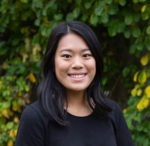 Devina Lookman is a peacebuilder and youth advocate. With a BA in Peace & Conflict Studies and International Development from the University of Waterloo, she mobilizes local communities through workshop facilitations, circle process, creative storytelling, public speaking and social innovation. She uses her education, training and experiences to facilitate and develop programming that empowers young people in realizing their potential. Devina is especially passionate about holding safe spaces to support BIPOC identifying and Third Culture Kid identifying youth within their communities.
Devina Lookman is a peacebuilder and youth advocate. With a BA in Peace & Conflict Studies and International Development from the University of Waterloo, she mobilizes local communities through workshop facilitations, circle process, creative storytelling, public speaking and social innovation. She uses her education, training and experiences to facilitate and develop programming that empowers young people in realizing their potential. Devina is especially passionate about holding safe spaces to support BIPOC identifying and Third Culture Kid identifying youth within their communities.
